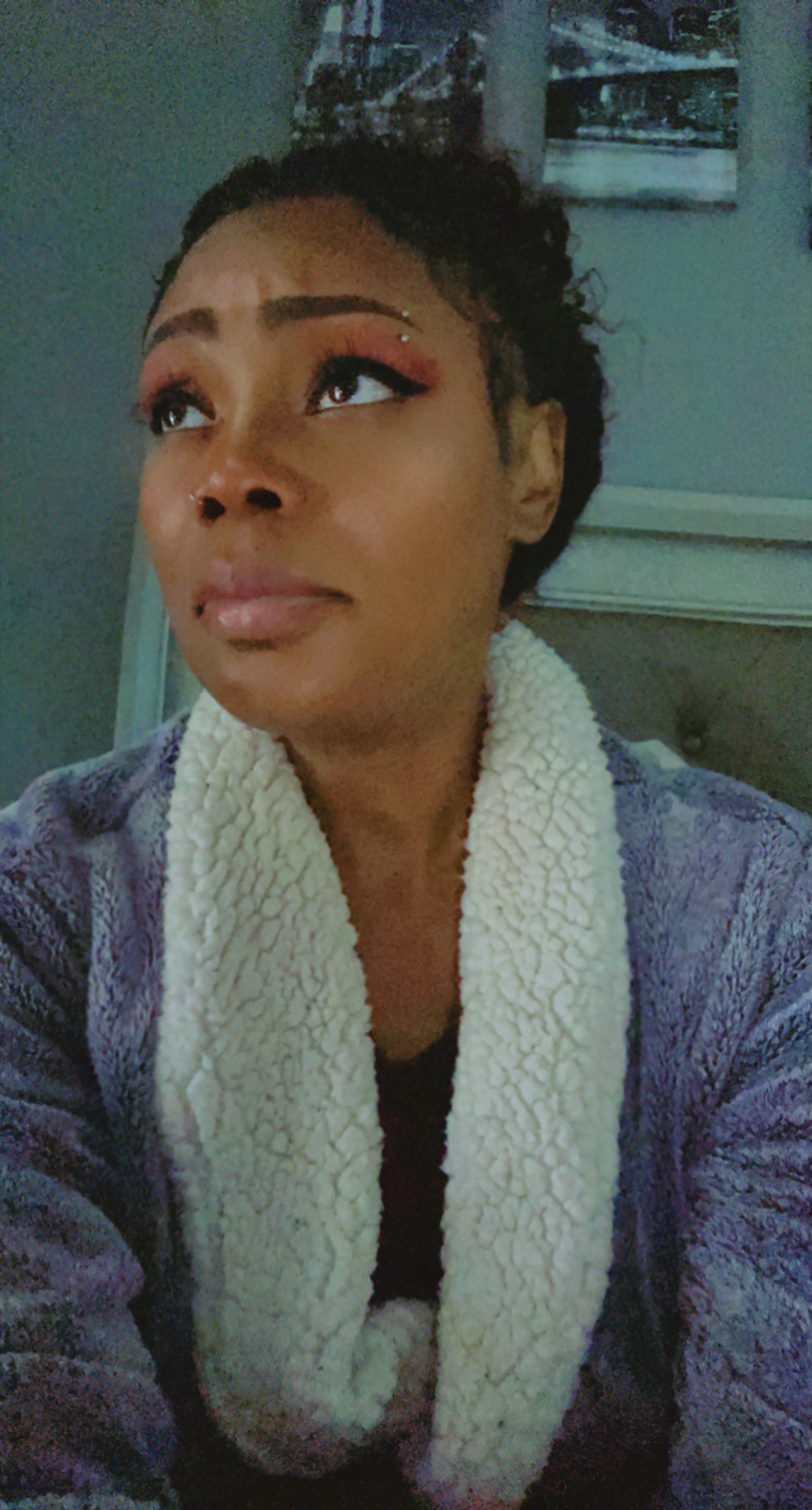Living with NMOSD: Finding My New "Normal"
I'm moving into the second year of my NMOSD diagnosis. It may seem like it was a long time ago to everyone around me. I, on the other hand, feel like it was just yesterday. I still grieve the old version of myself. I think about what was and how things used to be. I have feelings of wanting to be "normal" and, most of all, wanting my life back.
However, if I'm being honest, it's clear this isn't going to happen. Not anytime soon anyway. NMOSD has changed my life forever, and it's been a long, tough journey. With all the difficulties, the outcome truly surprises me.
Building independence: Tools for my new "normal"
I've managed to find a way to live my life and create a new "normal". For the most part, I'm at least partially independent. It has taken a lot of time to gain the strength and stability to have a decent quality of life. At this time, there are a lot of tasks I cannot do as I did pre-NMOSD. But, I do what I can, and I do it well!
Assistive devices, self-care, and avoiding flares are vital to have any level of independence. With that, the quality of life for me has gotten a lot better. Here are some examples:
- Using a walker/cane/wheelchair
- Shower chair and in-shower handle
- Wearing loose clothing and non-slip shoes
- Sleeping with an elevated body pillow
- Diet adjustment
The adjustments have led to social exclusion
Living with NMOSD, I cannot do most of the things my family does, such as eating the same foods, drinking the same drinks; the list goes on and on. Because of this, often, I feel left out. I was bullied in middle school due to a hair condition, and I never recovered from it. I remember feeling lonely all the time. I was always being left out of group gatherings. I was never invited to the cool hangout spots.
Although these two situations are very different, the feelings of exclusion remain the same. How can one be surrounded by loved ones yet feel so lonely? This is part of the hard truth of living with a chronic illness. Because of the severity of NMOSD, it's more important to do all the right things to avoid a flare-up than to engage in some of the activities my family does. That factor has to be my priority.
The invisibility struggle and expectation of normalcy
Since becoming more independent, I've noticed something a bit concerning about my family. They think I'm more capable than I actually am. I love them dearly, but like most people, a lot of what I experience with NMOSD cannot be seen by them. So, if it can't be seen, it's not there, right? Well, if you have NMOSD as I do, then you'd know this is 100% false. There isn't a day that goes by that I'm not affected by NMOSD.
Because of this, it's very frustrating when I'm expected to do "normal" things. Although they've noticed the adjustments, there's a lingering level of ignorance, and they don't pay attention to underlying issues. Things like my face when I'm in pain, or when one eye is closed because of double vision. There's a strong expectation for me to be like I was pre-NMOSD.
Becoming an NMOSD warrior: Mindset and vulnerability
There have been so many changes this past year. Through it all, I've come out stronger than ever. With so many negative factors, it's easy to fall into a negative mindset. Focusing my energy on the positives helps me maintain a decent state of mind. This doesn't happen without difficulty, but I know that it's essential for my health.
It's ok to not be ok
I've learned it's ok to be vulnerable. I've also realized it's ok to rest or cry or simply not be able to do certain things. And here's another big one: mastering the art of saying NO! In my past life, I've always considered myself to be a strong woman. Since my NMOSD diagnosis, I'm a force to be reckoned with. Even though I have moments of anger and grief, I know I'll never be Shekita pre-NMOSD ever again, and I'm ok with that.
Coping strategies for the NMOSD community
Just like any situation that requires change, this wasn't easy. Here's what worked for me, just to name a few:
- Finding an online community and connecting with other NMOSD warriors
- Seeking mental health support and medication as needed
- Sharing my story in hopes of helping with early detection
- Connecting with NMOSD organizations
- Researching NMOSD
- Never spending too much time alone
- Advocating for my healthcare
What does your "new normal" look like?

Join the conversation